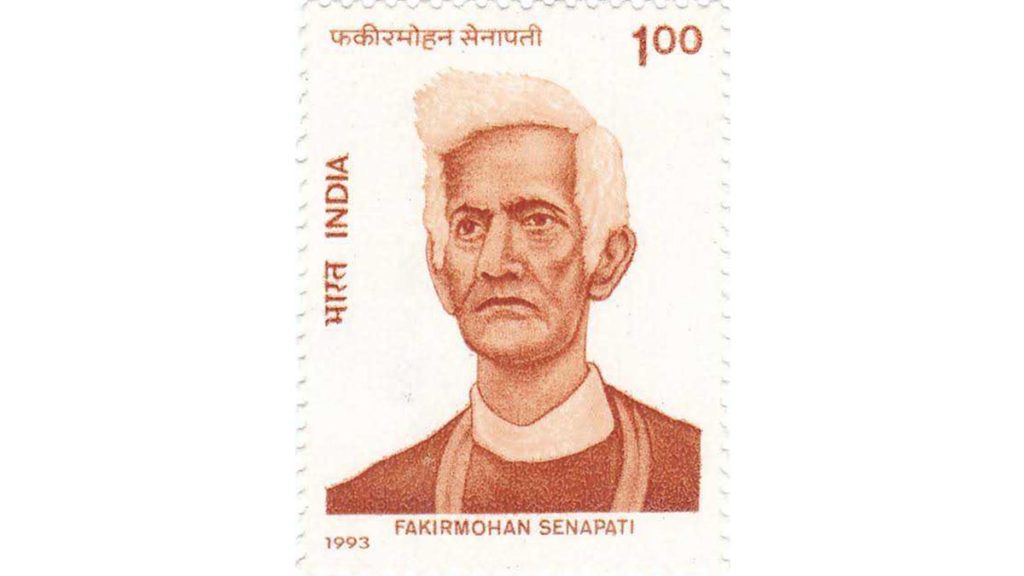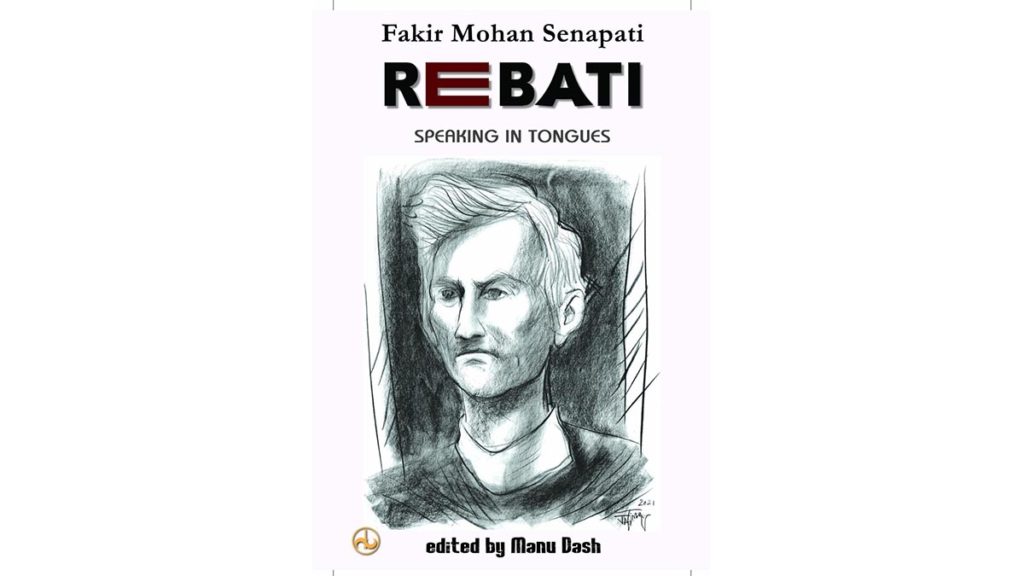Rebati: A Literary Legacy For Women’s Rights
Fakir Mohan Senapati’s iconic short story questioned the social prejudice against women’s education of his time. Though almost written 125 years ago, the story continues to echo a sensitive issue in modern times: Have women in rural India overcome the constraints faced by Rebati or are they still fighting for their rights?

Fakir Mohan Senapati — the father of modern Odia literature — worked with a reformist zeal to pen Rebati, representing women’s fate and society’s ambivalent attitude towards them.
Published in 1898, Rebati is considered as the first short story in Odia language. It’s truly iconic as the subject of women’s right to education and its sensitive treatment laid the literary foundation for a crop of women writers in Odia such as Sarala Devi, Kuntala Kumari Sabat and Kokila Devi among others.
The story revolves around a 10-year-old girl named Rebati living at Patapur village in Cuttack district. The girl harbours the “forbidden desire” to study in a conservative rural setting, which is also hit by a deadly epidemic of cholera.

A tale of empowerment and progressiveness, Rebati’s desire for education is born out of two patriarchal figures in her life —her father, Shyambandhu Mohanty, and potential husband, Basudev.
Rebati’s parents, especially her father, were visionary enough to favour her education. On the other hand, the girl’s grandmother was sceptical and totally against the idea.
Besides talking about women education in a conservative society, the story opens another dimension when it talks about the bond between Rebati and a school teacher.
The story leads on to the death of Rebati’s father, depriving the household, and eventually to the girl’s demise.
For the conservative and superstitious grandmother, this seems like “divine wrath” invited by the singular act of educating a girl. She rants: “Rebati! Reba! You are fire that turns all to ashes.”
This is the ironic highlight of the story. It reads like a cautionary tale against allowing the female agency to be educated, lest it should spell doom and disaster. On another level, it’s a progressive story that exposes social stereotypes against women.

In this, Rebati stands as an iconic feminist figure and a symbol for female emancipation.
Fakir Mohan was indeed ahead of his time. The social issues he wrote about were controversial and yet ignited the readers’ thoughts against social injustices.
On the 102nd death anniversary of the literary giant on June 14, 2021, Dhauli Books published a book titled ‘Rebati: Speaking in Tongues’, which features translations of the story by acclaimed authors in 36 languages.
This covers 23 scheduled languages and two non-scheduled languages of India and 12 foreign languages such as German, Japanese, Russian, French, Spanish, Polish, Hebrew, Turkish, Sinhalese, Balochi, Uzbek and Pujabi-Shahamukhi besides Nepali.
According to the anthology’s editor, Manu Dash, this is the first such attempt in publishing history. It was compiled to target readers and students of comparative world literature.
“This anthology is indeed a veritable collectors’ item. It is an attempt to express my fervent desire to showcase the rich legacy of Odia literature in the national and international arenas. Odia literature needs to be popularised,” Dash said.

“Fakir Mohan wrote on women’s issues much before Munshi Premchnad came into the picture, but he did not get the recognition he deserved. And also Rebati is the first short story that revolved around an epidemic as well.
“For a writer and his works to be known and enjoyed globally, translations remove the limitations of language and connects people,” he added.
The renowned short story was also adapted as a 12-episode serial by Tarang TV in 2017.

Author: Aafreen Firdaus
Aafreen is a doting mother to several kitties and a doggo who loves to pamper everyone with delicious food. She is a free spirit and a wizard of words and she loves to tell beautiful stories through her writing. She is also a loving and caring soul, always ready to pitch in with a helping hand and a smile on her face.
Read more from author


 copy.jpg)